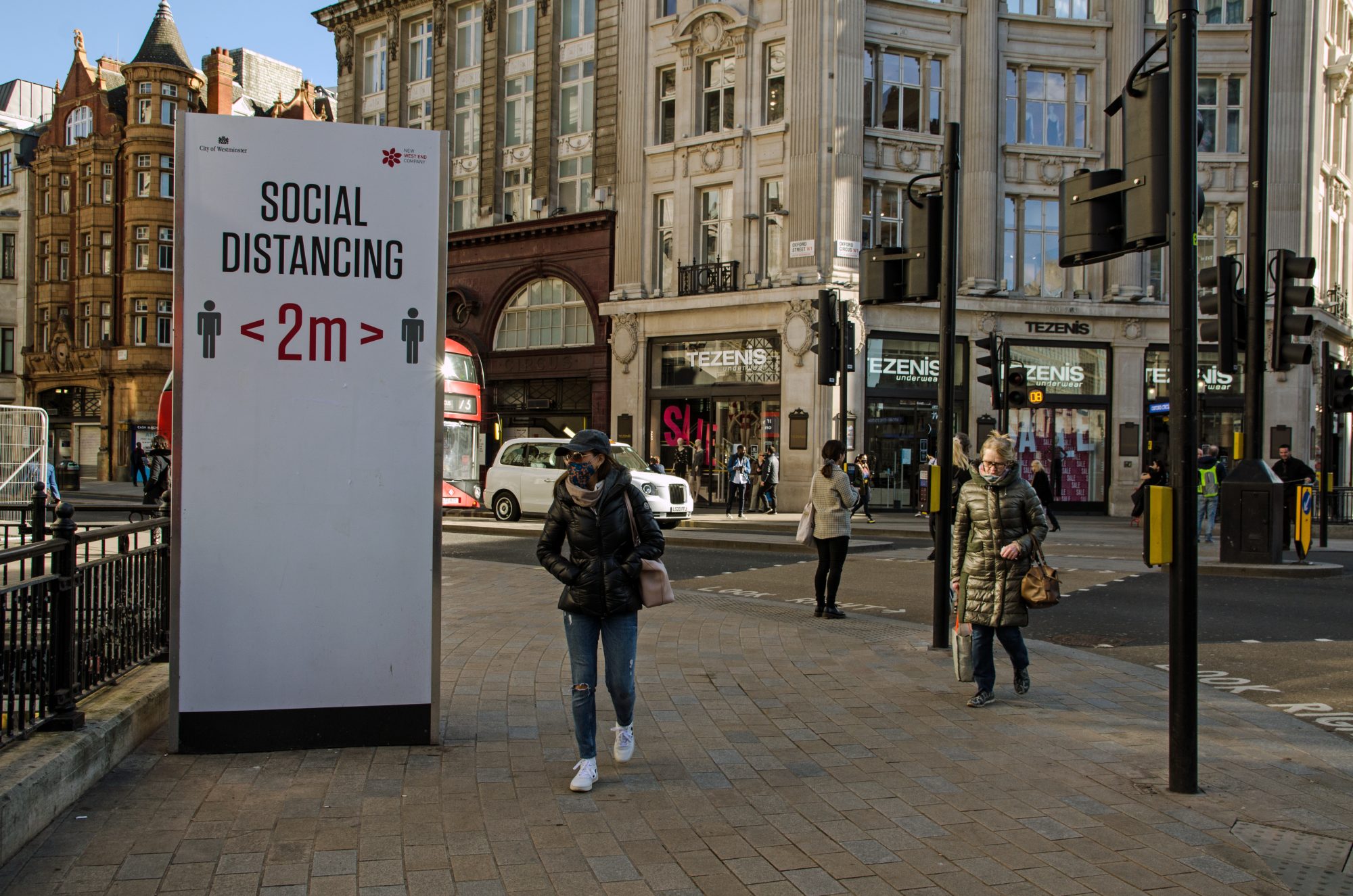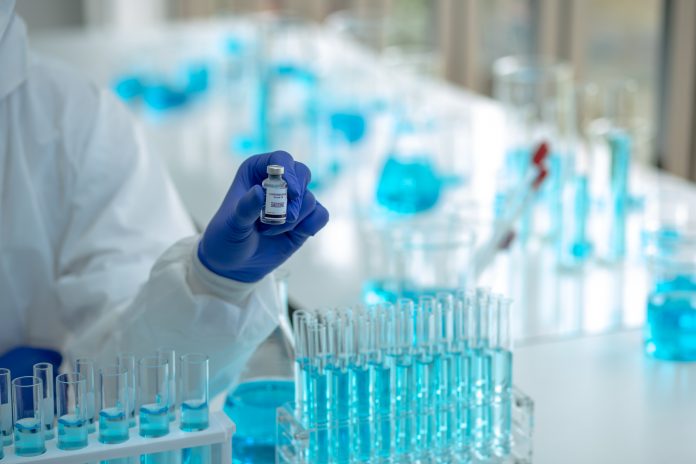Researchers find the best protection against COVID-19 is vaccinations rather than natural immunity, when analysing how infection with SARS-CoV-2 affects the immune system
When evaluating how vaccination against, and infection with, SARS-CoV-2 affects the immune system, researchers have confirmed that vaccination is superior to immunity by infection because both mount similar T-cell responses.
Antigens are the molecules that the immune system uses to distinguish a threat such as an infection – as seen with COVID-19 – vaccinations and infections (in both the vaccinated and unvaccinated) expose the immune system to antigens which improves the immune response to infections.
Additionally, having your vaccinations continues to expand T-cell memory and immune activation, even for individuals who have already experienced COVID-19, demonstrating how vaccines are better for protection against COVID-19.
COVID-19 variants such as Delta and Omicron have added to the antigen landscape
Published in Nature Immunology, researchers analysed how exposure to antigens before and after vaccination alters the immune response to the infection and differs in protection against COVID-19.
Using data from the St. Jude Tracking Study of Immune Responses Associated with COVID-19 (SJTRC), which began in 2020, the system enrols St. Jude employees and monitors their vaccination and immune response to the virus.
They then used specialised techniques to determine which small pieces of virus that T cells identify in different people. They also created tools – including monoclonal T-cell receptor cell lines – which observed immune responses, to which these cell lines helped to identify different parts of the virus.
Single-cell sequencing of the RNA and T-cell receptors (scRNAseq and scTCRseq) provided a clue into T-cell activity and which T-cell receptors were most important.
Co-corresponding author Paul Thomas, Ph.D., St. Jude Department of Immunology, said: “If you’ve been infected, the vaccines still activate and expand your immune response in ways that can be protective.
“If you’ve been vaccinated and then get infected, the vaccine still helps protect you. Very importantly, it doesn’t limit your ability to develop new immune responses to the strains that you’re infected with. The type of immunity on the T-cell side that the vaccine gives you look very similar to, and in some ways superior to, the response that you get from infection.”

Regardless of whether people were vaccinated before having COVID-19, vaccines were still better
The results demonstrated that the order of exposure – whether vaccination or infection came first – determined whether the immune response was geared toward the spike protein.
It was found that vaccination after infection led to further expansion of spike-specific T cells, whereas breakthrough infections caused robust non-spike-specific responses that diversify T-cell memory. This indicates that protection against COVID-19 is more guaranteed through vaccines over immunity to the virus.
For instance, mRNA vaccines against SARS-Cov-2 target the spike protein, which is a part of the virus.
Co-corresponding author Joshua Wolf, Ph.D., M.B.B.S., St. Jude Department of Infectious Diseases added: “This creative and comprehensive T cell work emphasizes the importance of the prospective study design that allowed us to collect samples from participants before they had COVID-19. A huge number of individuals at St. Jude gave their time and effort to make it possible.
“Properly understanding the T-cell response to COVID-19 infection and vaccination is really challenging, but it’s essential to developing a long-term control strategy for this virus.
Thomas continued: “We have a number of tools and techniques that allow us to analyse T-cell receptors effectively, to identify receptors that may be different, but basically have the same function. We’ve gained an understanding of how this virus is evolving and mutating and how our immune responses adapt to these changes.”











